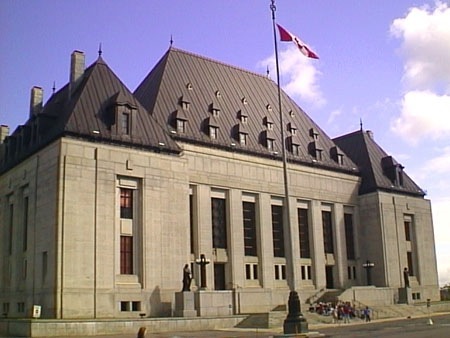Earlier this month the Supreme Court of Canada issued its unanimous decision in Union Carbide Canada Inc. v. Bombardier Inc., 2014 SCC 35. The reasons of Mr. Justice Wagner deal with an unfortunate situation in which Bombardier, which had been suing Union Carbide for more than a decade seeking CAN$30 million related to allegedly defective gas tanks on Sea-Doo personal watercraft, thought it had achieved a settlement following a mediation only to discover that Union Carbide had a much different idea regarding what, in fact, had been settled.
The issue was whether the provisions of a standard mediation agreement providing, “Nothing which transpires in the Mediation will be alleged, referred to or sought to be put into evidence in any proceeding” trump the well known exception to settlement privilege that provides protected communications may be disclosed in order to prove the existence or scope of a settlement.
I urge readers of this blog to read the full decision which is really quite interesting – particularly the exchange of correspondence between counsel as it becomes clear they don’t have a settlement after all. The well-written reasons conclude that, “it is open to parties, in agreeing to confidentiality for a mediation process, to go so far as to limit their ability to prove the terms of any settlement. When any such limit is placed on the usual rule in this regard, however, it must be clear, on applying the principles of contractual interpretation of the relevant jurisdiction, that that is what the parties intended.” In this case the Supreme Court of Canada found that it was not clear that the parties had intended to over ride the usual rule. As a result of this decision the matter is referred back to the Superior Court, District of Montréal where Bombardier had originally filed its motion for homologation of the settlement.
This decision has already attracted considerable commentary from respected authors in Canada, for example here and here but one aspect of the case that I have not seen commented on is the fact that notwithstanding settlement privilege and the confidentiality provisions of a mediation agreement the whole world now knows that Dow Chemical offered CAN$7 million to settle something. Exactly what was being settled is the issue now back before the Superior Court in Montreal.
Thankfully, it doesn’t happen often but parties entering mediation should be aware of the risk of disclosure to a Court of supposedly confidential mediation communications if there is a subsequent dispute regarding the terms of settlement.
Two practice points come to mind: (1) make sure that settlement agreements are in writing and include all necessary points; and (2) consider appointing the mediator as arbitrator to resolve any subsequent disputes which may arise in finalizing the settlement such as the terms of a release of other documents required to close any transaction arising from the settlement.
________________________
To make sure you do not miss out on regular updates from the Kluwer Mediation Blog, please subscribe here.



